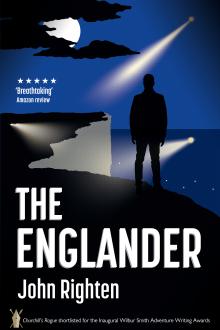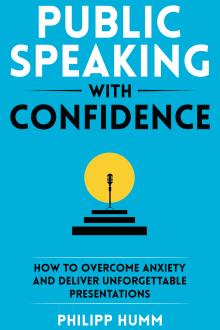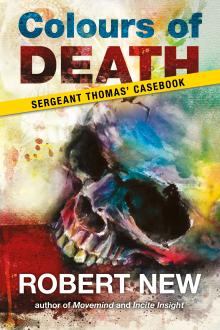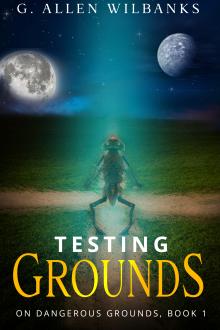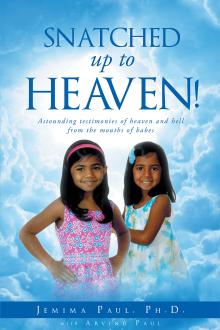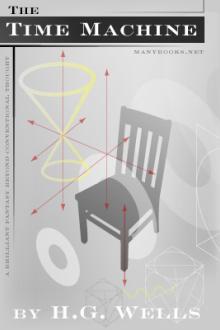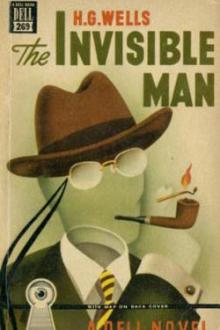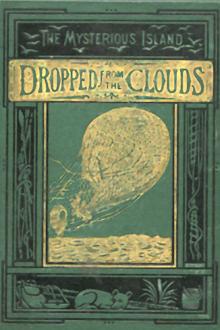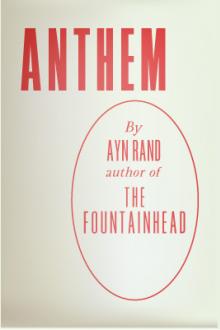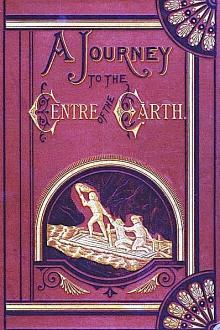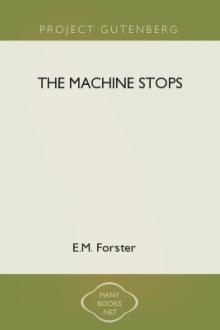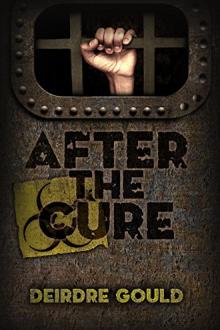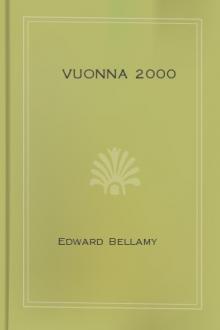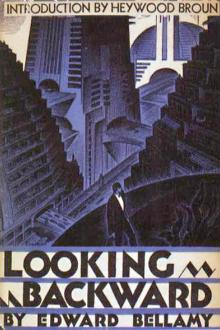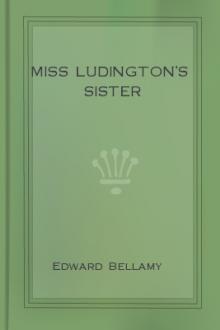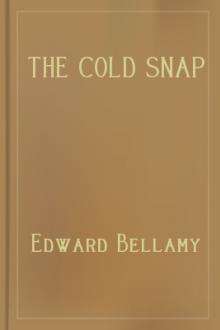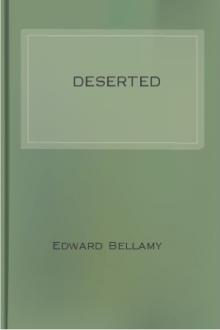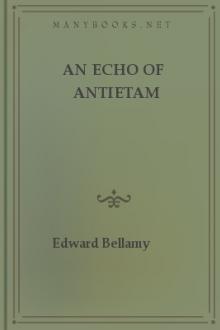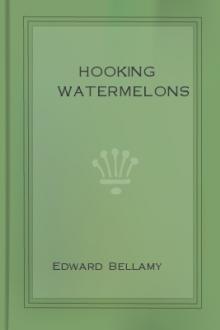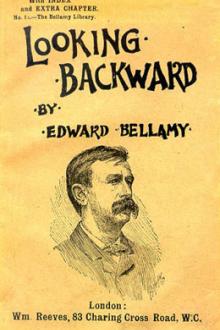Dr Heidenhoff's Process
Dr Heidenhoff's Process
Book Excerpt
e
first time a mood of solemnity, seeing that their intercourse had always
before been in the vein of pleasantry and badinage common to the first
stages of courtships. This new experience appeared to dignify their
relation, and weave them together with a new strand. At length she said--
"Why didn't you go after poor George and cheer him up instead of going home with me? Anybody could have done that."
"No doubt," replied Henry, seriously; "but, if I'd left anybody else to do it, I should have needed cheering up as much as George does."
"Dear me," she exclaimed, as a little smile, not exactly of vexation, curved her lips under cover of the darkness, "you take a most unwarrantable liberty in being jealous of me. I never gave you nor anybody else any right to be, and I won't have it!"
"Very well. It shall be just as you say," he replied. The sarcastic humility of his tone made her laugh in spite of herself, and she immediately changed the subject, demanding--
"Where is Laura to-night?"
"She's at
FREE EBOOKS AND DEALS
(view all)Popular books in Science Fiction, Short Story
Readers reviews
1.5
LoginSign up
Unlike Wells and Verne, Bellamy's science fiction creaks and wheezes like the most modern steam automobile. Of the twelve chapters, I would recommend skipping 4, 5, 8, and 11; it won't harm the story.
Although the story starts promisingly with a church full of religious prigs and a suicide, it turns into an overlong and sappy story of turn-of-the-century (20th) love in a small town outside of Boston. This is a town where an unwed kiss inevitably turns into nail-painting and pregnancy.
Dr. Heidenhoff turns up in the last third of the book. His pontificating about the psychological failure of religion (chapter 11) is not profound, but, rather, obvious. By the end, I couldn't help but feel it would have been a better story to leave the doctor out altogether.
Although the story starts promisingly with a church full of religious prigs and a suicide, it turns into an overlong and sappy story of turn-of-the-century (20th) love in a small town outside of Boston. This is a town where an unwed kiss inevitably turns into nail-painting and pregnancy.
Dr. Heidenhoff turns up in the last third of the book. His pontificating about the psychological failure of religion (chapter 11) is not profound, but, rather, obvious. By the end, I couldn't help but feel it would have been a better story to leave the doctor out altogether.
- Upvote (0)
- Downvote (0)
If you like wasting your time, there is absolutely no better way to do it on the face of this planet than to read this story. 90% of the time NOTHING is happening. Even skipping over to the end is so disappointing as to be almost depressing.
03/05/2014
Well this is quite a snoozer. I don't know if anyone used to reading 19th century lit will find the style too overpowering, although it sure ain't Hemingway.
The story is basically boy loves girl, girl disses boy for city slicker, city slicker uses the girl and throws her away. She is really sad. And so on. Not that great.
Despite all this, I think the story's not entirely without interest.
Bellamy does two good things.
First, he involves an interesting technical process (for easing the pangs of conscience, presumably a larger issue then than now).
Bellamy also uses that technical process to pose some "what if"-type moral questions. One might argue that he blathers on at length while doing so, but still. This reminds me of someone like Phillip K. Dick, who did the same thing. Of course Dick did it much more interestingly, but hey: we may have an early precursor of a certain kind of sci fi here, which gives the story a potential lit-hist interest.
The story is basically boy loves girl, girl disses boy for city slicker, city slicker uses the girl and throws her away. She is really sad. And so on. Not that great.
Despite all this, I think the story's not entirely without interest.
Bellamy does two good things.
First, he involves an interesting technical process (for easing the pangs of conscience, presumably a larger issue then than now).
Bellamy also uses that technical process to pose some "what if"-type moral questions. One might argue that he blathers on at length while doing so, but still. This reminds me of someone like Phillip K. Dick, who did the same thing. Of course Dick did it much more interestingly, but hey: we may have an early precursor of a certain kind of sci fi here, which gives the story a potential lit-hist interest.
05/25/2009
this is an absolutely terrible story. It is so badly and floridly written, that is an absolutely unreadable. You can't get through the pages, because of the ridiculous and outdated over sentimental, sloppily over wrought prose. How it ever got published, is beyond me, except that this particular terrible style was romantically popular in that era. None of it survives to this day, intact.the idea that science could remove a painful memory is a good idea for a story, but that is it. It is so badly written you probably should never have been published. It definitely does not hold up, and it is a huge waste of time. The author sacrificed everything to the over sentimental and romantic style of the day, and it cannot be called science fiction at all. I do not recommend it. In fact, I do not even recommend it for that past era it came from.
05/19/2009
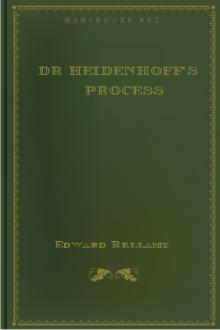
 Free Download
Free Download




